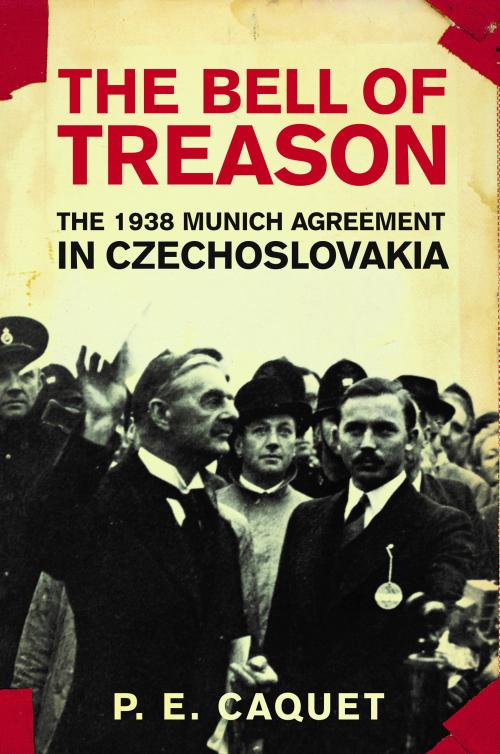“The Bell of Treason focuses on the relatively neglected victim nation, Czechoslovakia, and how it experienced the fateful months from March through September 1938…important.” —New York Review of Books
“The definitive history of a disgraceful event. A book both insightful and painful to read.” —Kirkus Reviews
“Accessible and well-written…an intelligent and valuable addition to WWII history.” —Publishers Weekly
“Caquet’s powerful argument on the actions of the British and French in this crisis is strengthened by his points on Czechoslovakia itself…a moving account.” —Dublin Review of Books
“Caquet revisits luminously one of the great ‘what-ifs’ of history. Carefully documenting every detail, but in white-hot language, he shows how Britain and France let slip at Munich in September 1938 their best chance of stopping Hitler. We see the Sudetenland crisis afresh through Czech eyes, and can measure at last the tragedy of that lively small country’s betrayal.” —Robert O. Paxton, author of The Anatomy of Fascism
“The disastrous 1938 Munich conference eighty years ago is usually seen from the vantage point of the victorious Hitler or the supine Anglo-French. Caquet’s superb new account restores agency and subjectivity to the Czechoslovaks. Grippingly written with an eye for drama and dialogue, this book shows how close they came to resisting and just how traumatic the outcome was, not only for them but for the German democrats handed over to the Third Reich.” —Brendan Simms, author of Britain’s Europe
“What strikes the modern reader is how this is so much more than mere history—it is a frightening exploration of dangers that we see in the world today: fake news, lying politicians, and narrow-minded nationalisms all conspiring to threaten what is decent and open and honest. In this respect The Bell of Treason is more than compelling reading: it is essential.” —Simon Mawer, author of The Glass Room

